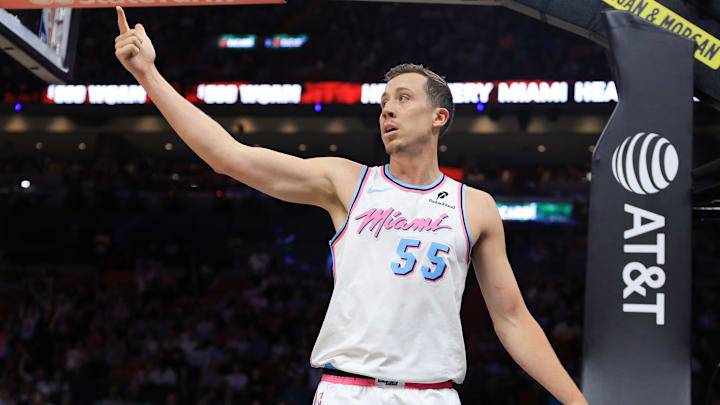Heading into the offseason, it looked like the Detroit Pistons would be one of the most boring teams. They didn’t have a first-round pick and were expected to mostly bring back their own free agents and not much else. But things change quickly in an NBA offseason.
The Malik Beasley gambling investigation injected drama and panic into the proceedings, as the Pistons suddenly had to look for over 300 made 3-pointers, a problem that got worse when they also lost Tim Hardaway Jr.
That problem wasn’t helped by the Caris LeVert signing, and Pistons fans were losing it on social media. It’s the nature of not being able to see the whole picture, of getting the pieces in dribs and drabs that may not look great on their own. It’s the nature of the NBA media landscape that essentially relies on one guy to Tweet out all the breaking news every 30 seconds while fans overreact to all of it.
We all do it; I’m not judging.
But with reports that the Pistons are now zeroing in on Malik Monk in a sign-and-trade, what looked like a ho-hum offseason may end up being a solid one that improves the Pistons in the short term without sacrificing any of their long-term financial flexibility.
The Detroit Pistons are better
If the Pistons do get Monk, they suddenly have a very good bench that can score in a number of ways. I’m sure there are some who disagree, but to me, losing Schroder, Beasley and THJ for Monk, LeVert and Robinson is an upgrade for the Pistons.
It’s at least a wash and doesn’t change the fact that the Pistons are mostly relying on internal development to improve.
They added plenty of scoring pop and didn’t hurt their long-term finances (if they end up with Monk), as all of these players are on reasonable deals. LeVert only got two years, Robinson only got one fully guaranteed year, and Monk has two years left with a player option for a third.
These are all very tradable contracts that the Pistons could potentially stack to land a star player at the deadline or later, assets that the Pistons did not have at their disposal at the start of the offseason.
The Pistons now have three guys on shorter deals whose contracts add up to around $50 million, and have another $25 million expiring in Tobias Harris, which is more than enough to match salaries in a big trade.
The Pistons arguably got better but also set themselves up for a big move while teaching us a lesson about the offseason, which is that you can’t really judge it until it’s over.
